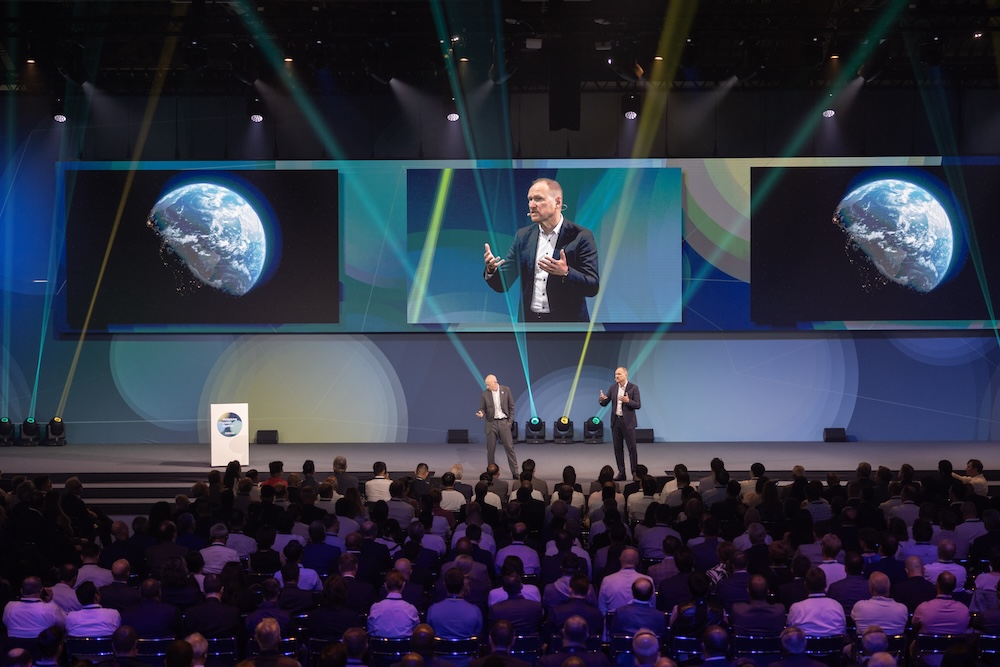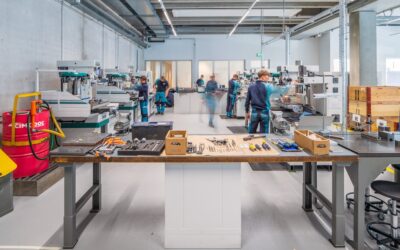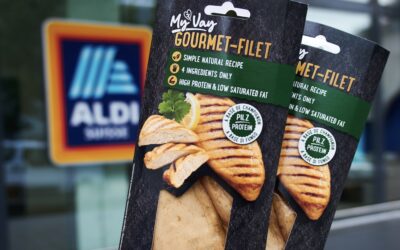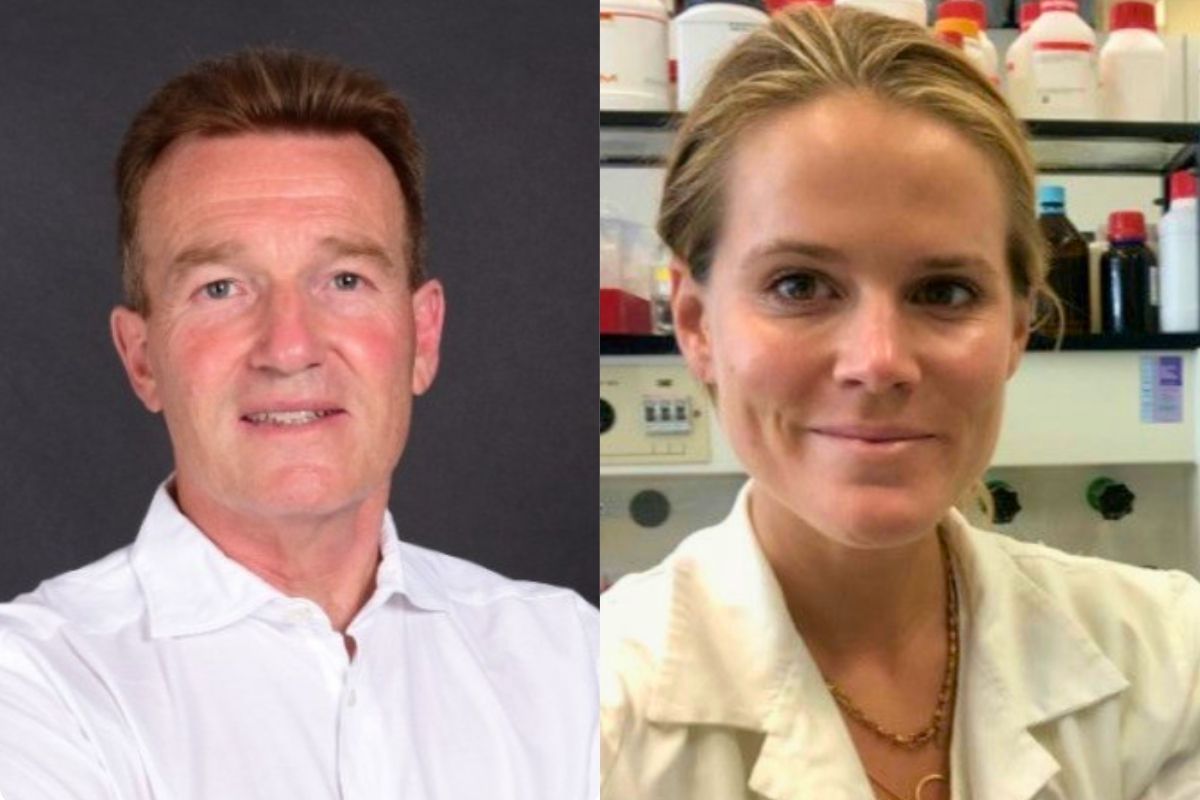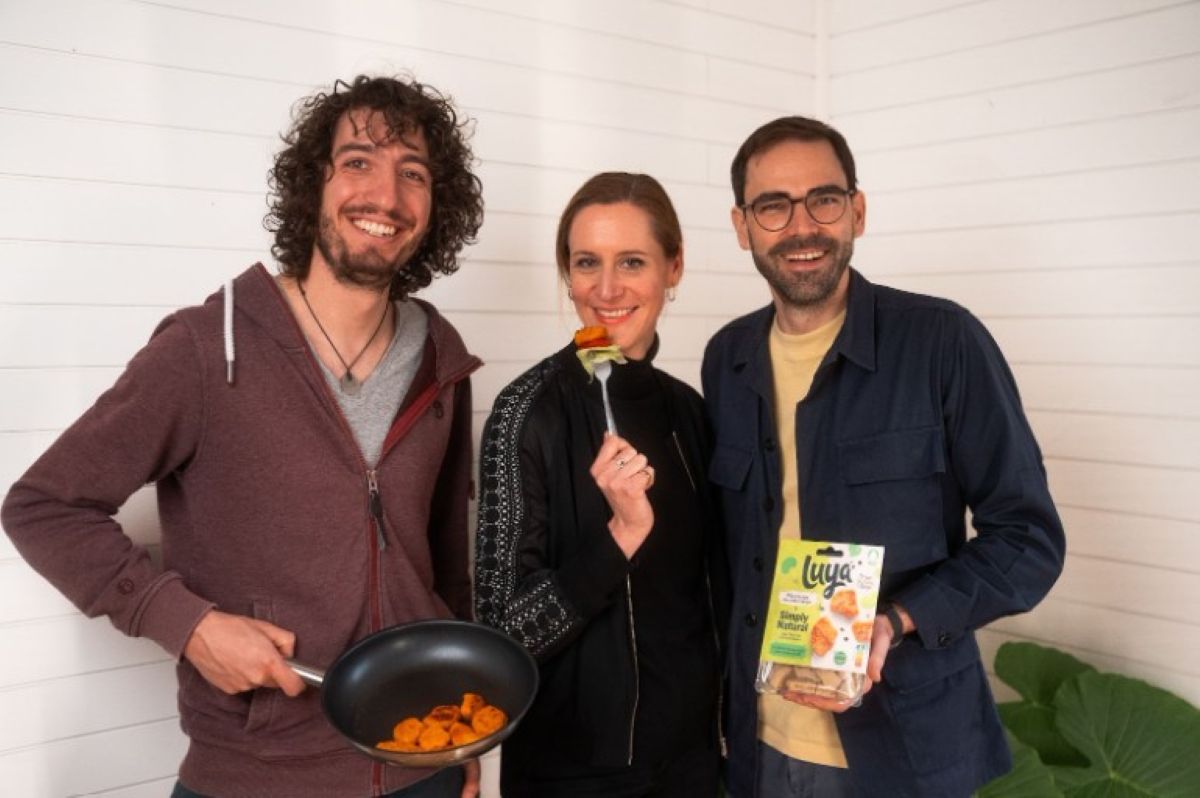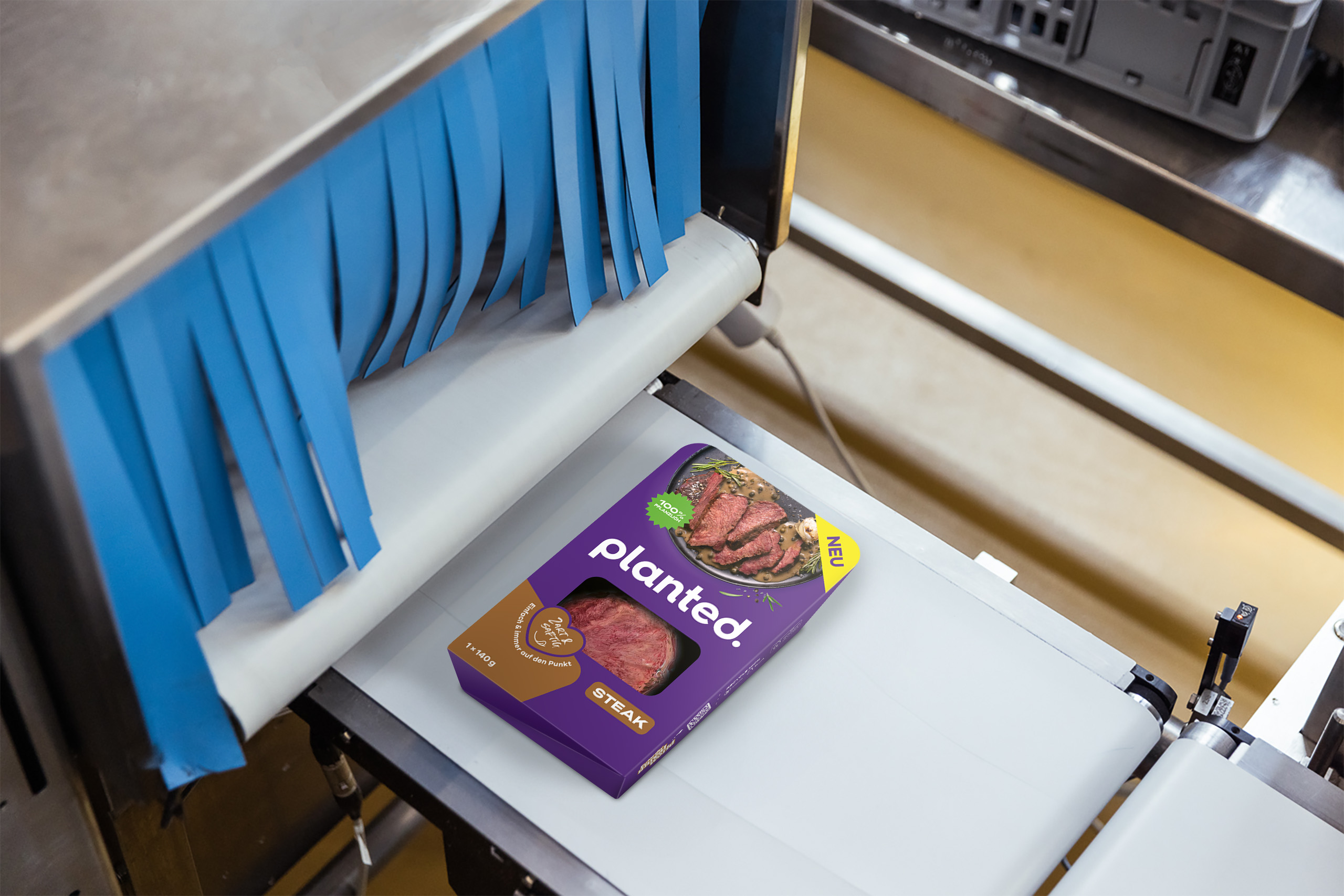Finding your first home base in...
What if talent – not tech – is the missing ingredient in building food system resilience?
What if talent – not tech – is the missing ingredient in building food system resilience?
By Christina Senn-Jakobsen,
CEO, Swiss Food & Nutrition Valley
Rethinking resilience through the lens of talent
If the past few years have taught us anything, it’s this: food systems must not only feed the world, but continue to do so reliably in the face of growing disruptions, from pandemics and political instability to climate change and resource scarcity. When tackling these issues, we often talk about building diversified supply chains or creating new systems to enable sustainable resource management.
While these strategies play an essential role, I believe there’s one ingredient in food system resilience that is often missing from the conversation: talent. Food system transformation will only be possible if we have the right people, in the right places, with the right skills at the right time.
What do we mean by talent?
By talent, I mean the professionals that make up an innovative agrifood workforce – the people with the skills, vision, and drive to turn challenges into positive impact. From technical knowledge to strategic leadership, today’s food system talent must ideate, implement, and inspire.
As set out in EIT Food’s Professional Development Framework, talent development is a lifelong process. It starts as young people complete their education and continues as professionals develop, grow and pivot throughout their careers.
Attracting talent to drive food system transformation
To drive food system transformation, we, as part of national and global ecosystems, must attract and retain talent at each stage of their career journey. Each of the profiles below represents an opportunity – a moment in each person’s career path where, with the right support, a person can be empowered to maximise their impact. Hover over the images below to discover the profiles.



Developing six future-critical skillsets
Over the past few years, in conversations with entrepreneurs, researchers, and industry leaders, six recurring capabilities have emerged:
- Data and AI fluency: Understanding and applying digital tools across the value chain.
- Cross-sector knowledge: Integrating insights from health, economics, sustainability, and more. The ability to think across the value chain and beyond.
- Communication and co-creation: Building trust and collaboration across disciplines.
- Foundational food and agro-science: Grounding innovation in scientific realities.
- Adaptability and systems thinking: Navigating complexity with creativity.
- Resilience: Maintaining focus and momentum amid constant change.
These aren’t just technical skills – they’re systems skills. Building them takes more than coursework or isolated training. It requires timely, targeted support, especially during pivotal career moments when individuals are most open to change and growth.
The right support at key pivot points
Talent rarely moves in a straight line. If you think about your own career there will have been moments when a course, a mentor, a connection or a new opportunity opened a door and took you in a new direction. These are the pivot points that shape our journeys — and they’re also the moments when support matters most.
We need to ensure that talented individuals with a passion for food have the resources, guidance, and encouragement they need at these critical times. Whether it’s a student discovering sustainable agriculture, a data scientist exploring foodtech, or an industry expert stepping into a mentorship role, we, the ecosystem, must be ready to help them act on their curiosity and commitment.
How ecosystem enablers turn potential into impact
To cultivate talent at these key pivot points and across every stage in a person’s career journey, we must design ecosystems that inspire, equip, and connect. Here are a few examples of how Valley partners are providing this support in Switzerland.
Early-stage innovators
Initiatives like the World Food System Summer School, ETH Zurich’s Student Project House, EPFL Changemakers, HES-SO HEI Entrepreneurial Programme and Ecotrophelia – a European food innovation competition for students, led by SFNV in Switzerland, – all help young people follow their curiosity and develop the skills to transform knowledge and ideas into solutions.
Mid-career pivoters
Institutions like the Swiss Federal Institute for Vocational Education and Training (SFIVET) offer a range of transitional learning and skills development opportunities. Access to food-specific business networks, like Swiss Food & Nutrition Valley or Valley partners Cluster Food & Nutrition and Food Hack, provide access to peer support and the warm introductions that lead to new opportunities.
Seasoned experts
For employees, programmes like Bühler’s Generation E enable experienced individuals to pass on their knowledge by mentoring colleagues. Accelerator programmes like Kickstart and MassChallenge Switzerland allow business experts to drive innovation by mentoring startups.
Together, initiatives like these create a layered, inclusive support system that nurtures homegrown talent and makes Switzerland an attractive destination for skilled overseas workers. This work makes up a key part of our efforts to continuously strengthen Switzerland’s role as a food nation.
A system to nurture
Ultimately, a resilient food system isn’t built solely on new tech or bold policies – it’s built by people. When ecosystems treat talent not as a resource to exploit, but as a system to nurture, the results are transformative. It doesn’t just offer jobs. It offers purpose, belonging, and opportunity.
To future-proof our sector, we must rethink how we attract, develop, and empower talent at every stage. That means inspiring young people to become change makers, investing in lifelong learning, and breaking down silos that limit collaboration and mobility.
But above all, it means creating ecosystems where people – across disciplines, backgrounds, and sectors – can thrive, innovate, and lead together. When we unlock human potential, we unlock systemic change.
If you’re reading this, my bet is that you care about food system transformation. So, how might your story help spark new ideas, guide the next generation of change makers, and fuel the future of food?
